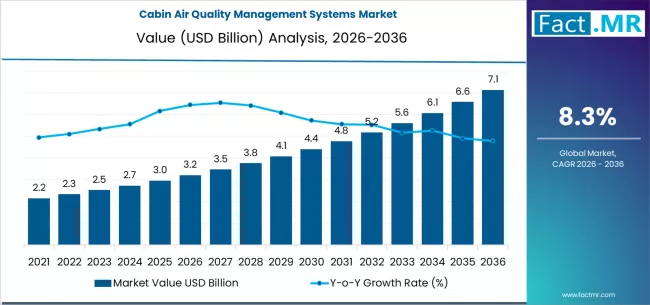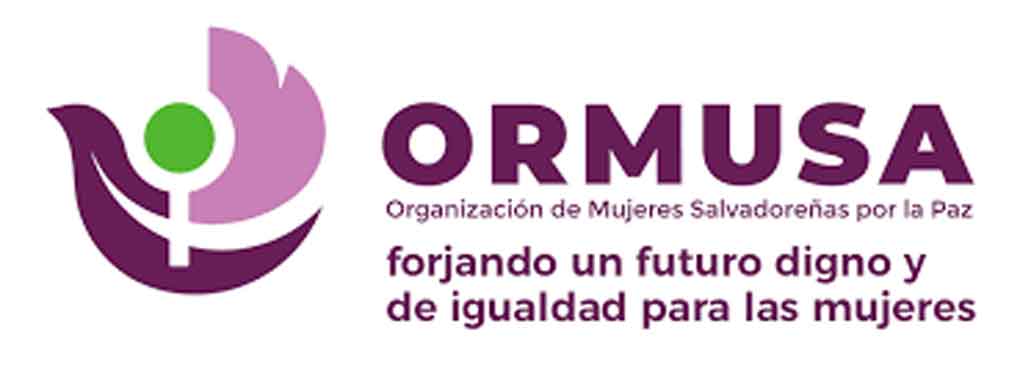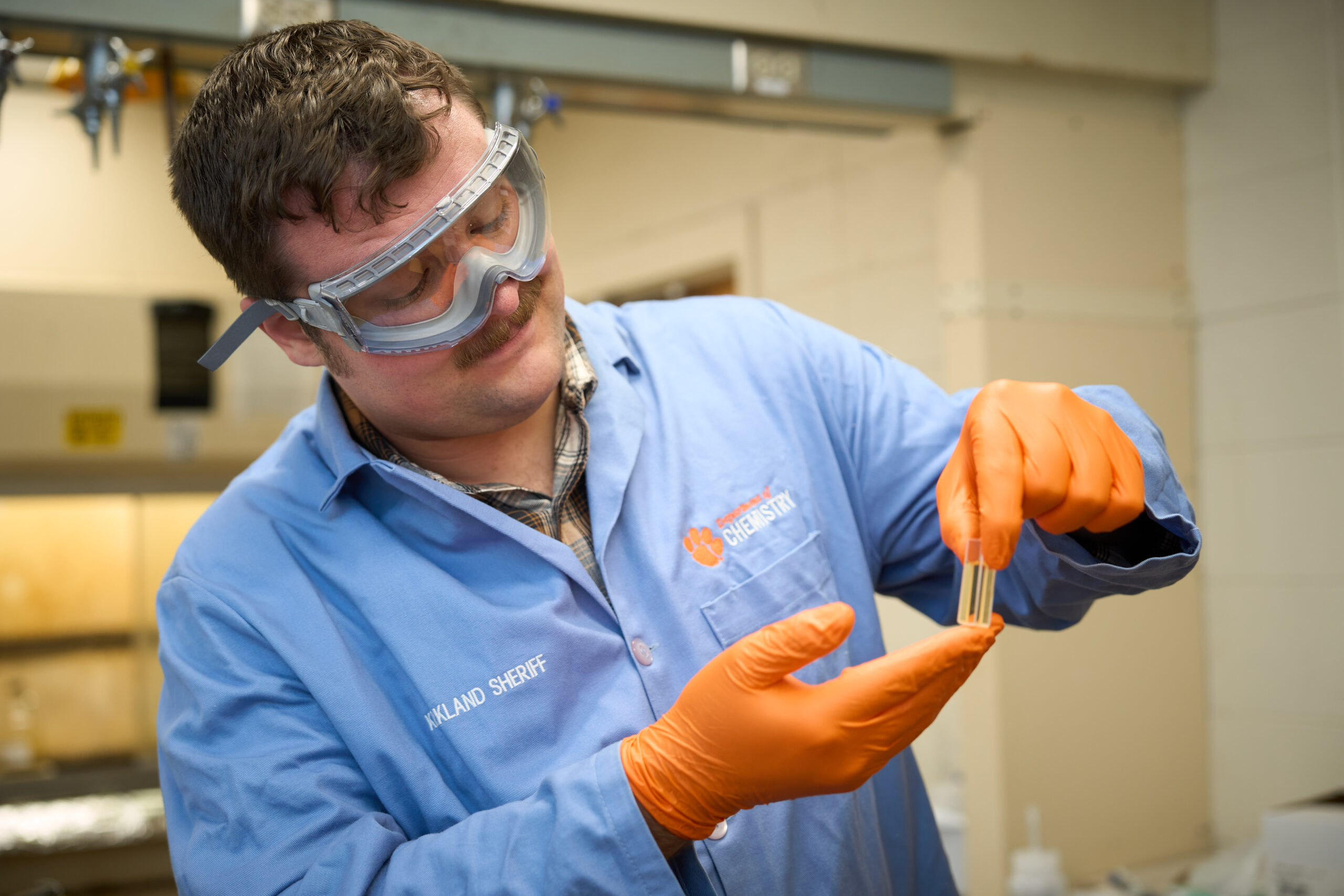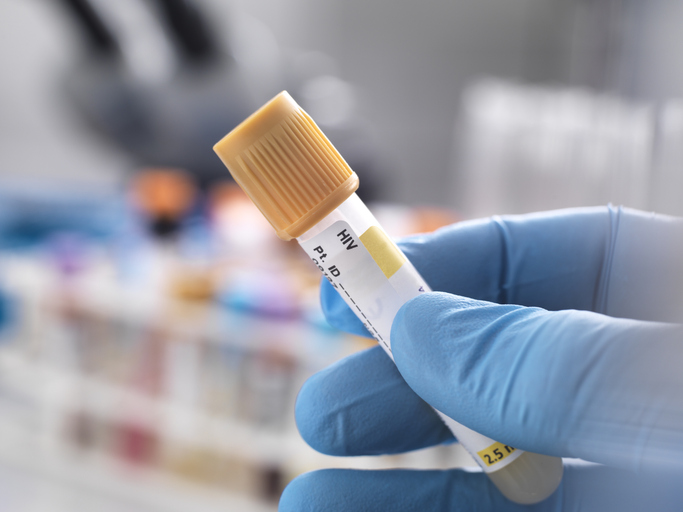How policymakers think: Sharing research for policy use | #LeadingSDG4 | Education2030 – UNESCO

Report on Strengthening Evidence-Based Policy for Sustainable Development Goal 4
Introduction: Aligning Educational Policy with SDG 4
A collaborative webinar, KIX EMAP Webinar 25, has been announced as the seventh session of UNESCO’s Functional Area 1 (FA1) Learning Series 2025. This initiative is designed to foster a culture of evidence-based policy and planning, a critical component for the successful implementation and monitoring of Sustainable Development Goal 4 (SDG 4), which aims to ensure inclusive and equitable quality education and promote lifelong learning opportunities for all.
Strategic Partnerships for the Goals (SDG 17)
The webinar builds upon the foundation of the Global Partnership for Education’s Knowledge and Innovation Exchange (GPE KIX), a joint project with Canada’s International Development Research Centre. This partnership directly supports SDG 17 by fostering global collaboration for sustainable development.
- Initiative: The GPE KIX project, launched in 2020, focuses on integrating research evidence into educational policy within GPE partner countries.
- Regional Hub: The KIX hub for Europe, Middle East and North Africa, Asia and Pacific (EMAP), hosted by NORRAG, is committed to amplifying local policy expertise.
- Identified Challenge: A primary obstacle to achieving SDG 4 targets is the insufficient involvement of local expertise in the production of research, which hinders the uptake of evidence in national policy frameworks.
Core Assessment: Progress Towards SDG 4 Targets
The central inquiry of the webinar is to assess the progress made by Ministries of Education and partner institutions in institutionalizing the use of research evidence for policy decisions. This assessment is vital for measuring advancements toward achieving the targets set under SDG 4.
- What specific measures have Ministries of Education undertaken to establish and sustain a culture of evidence-based policy?
- How have these measures contributed to more effective and equitable educational planning aligned with SDG 4?
- What lessons can be shared from both within and outside the KIX EMAP region to accelerate progress?
Webinar Structure: A Multi-Stakeholder Dialogue
The event will feature two distinct panel discussions to explore strategies for integrating data and research into educational governance, followed by an interactive session with the audience. This structure facilitates a comprehensive dialogue between key stakeholders responsible for delivering on SDG 4.
Panel 1: Governmental Strategies for SDG 4 Implementation
This panel will convene government officials from Ministries of Education who are leading efforts to enhance the use of research in policy-making. Their experiences are crucial for understanding how to build state capacity to achieve SDG 4.
Key strategies discussed will include:
- Establishing formal linkages with research institutions to bridge the gap between knowledge production and policy implementation.
- Commissioning targeted studies to address specific challenges related to educational access, equity, and quality.
- Recruiting staff with technical expertise to strengthen the analytical capacity within ministries.
Panel 2: The Role of Research Institutions in Advancing SDG 4
The second panel will feature researchers and analysts from think tanks and government-affiliated institutions. This session will focus on the contributions of the research community to informed school reform and policy-making in pursuit of SDG 4.
Points of reflection will include:
- Identifying the necessary conditions for fruitful collaboration between researchers and government bodies.
- Analyzing methods to ensure that data-informed advice is effectively communicated and integrated into national education strategies.
- Exploring how research can directly support the monitoring and achievement of specific SDG 4 targets.
Analysis of SDGs, Targets, and Indicators
1. Which SDGs are addressed or connected to the issues highlighted in the article?
-
SDG 4: Quality Education
The entire article is centered on improving education systems. It discusses how to build “a culture of evidence-based policy and planning” within Ministries of Education. The goal of using research and data is to inform “policy and planning decisions” and “school reform,” which are fundamental mechanisms for enhancing the quality, equity, and effectiveness of education provided to learners.
-
SDG 17: Partnerships for the Goals
The article explicitly details a complex network of partnerships aimed at achieving educational goals. It describes the “Global Partnership for Education’s Knowledge and Innovation Exchange (GPE KIX) project” as a “joint endeavor with the International Development Research Centre, Canada.” Furthermore, it highlights the collaboration between UNESCO, NORRAG, Ministries of Education, research institutions, and think tanks, showcasing a multi-stakeholder approach to strengthening education systems.
2. What specific targets under those SDGs can be identified based on the article’s content?
-
Under SDG 4: Quality Education
While the article does not focus on a specific outcome target like literacy rates, its theme is directly aligned with the means of implementation for the entire goal. The focus on “evidence-based policy and planning” is a foundational strategy required to achieve all other SDG 4 targets effectively. It is about strengthening the governance and strategic capacity of education systems to deliver quality education.
-
Under SDG 17: Partnerships for the Goals
-
Target 17.6: Enhance North-South, South-South and triangular regional and international cooperation on and access to science, technology and innovation and enhance knowledge sharing.
The KIX EMAP hub, which is committed to “surface, amplify and disseminate local policy expertise,” and the webinar series designed to “share critical reflections and local experiences” are direct examples of enhancing knowledge sharing and cooperation among different countries and institutions.
-
Target 17.9: Enhance international support for implementing effective and targeted capacity-building in developing countries to support national plans to implement all the sustainable development goals.
The KIX project’s objective to “support the uptake of research evidence in policy and planning in GPE partner countries” is a form of targeted capacity-building. The webinar aims to help Ministries of Education “establish and mainstream the production and use of research evidence,” thereby strengthening their national planning capabilities.
-
Target 17.16: Enhance the global partnership for sustainable development, complemented by multi-stakeholder partnerships that mobilize and share knowledge, expertise, technology and financial resources.
The GPE KIX project, involving GPE, the International Development Research Centre, NORRAG, and UNESCO, is a clear example of a global, multi-stakeholder partnership that mobilizes and shares knowledge and expertise to improve education.
-
Target 17.17: Encourage and promote effective public, public-private and civil society partnerships.
The article describes partnerships between public entities (Ministries of Education) and civil society/research institutions (“research institutions, think tanks, and government-affiliated institutions”). The two panels, one with government officials and one with researchers, are designed to explore how to make this collaboration “fruitful.”
-
Target 17.6: Enhance North-South, South-South and triangular regional and international cooperation on and access to science, technology and innovation and enhance knowledge sharing.
3. Are there any indicators mentioned or implied in the article that can be used to measure progress towards the identified targets?
-
Indicators for SDG 4 (Implied)
The article implies process-oriented indicators for measuring the institutionalization of evidence-based policymaking. Progress could be measured by:
- The number of formal linkages and collaborations established between Ministries of Education and research institutions.
- The number of policy-relevant studies commissioned by Ministries of Education.
- The number or proportion of staff with technical expertise hired by Ministries to support evidence-based planning.
- The existence of national strategies or frameworks for using evidence in education policy.
-
Indicators for SDG 17 (Mentioned and Implied)
The article provides concrete examples that can serve as indicators:
- For Target 17.6: The existence and frequency of knowledge-sharing platforms, such as the “KIX EMAP Webinar 25” and the “Learning Series 2025.”
- For Target 17.9: The number of countries and Ministries of Education participating in capacity-building initiatives like the GPE KIX project.
- For Targets 17.16 & 17.17: The existence of multi-stakeholder partnerships, with the “Global Partnership for Education’s Knowledge and Innovation Exchange (GPE KIX) project” being a specific, measurable example. The number of active partners (governments, research institutions, international organizations) within such a project is also a clear indicator.
4. Summary Table of SDGs, Targets, and Indicators
| SDGs | Targets | Indicators Identified in the Article |
|---|---|---|
| SDG 4: Quality Education | General aim of strengthening education systems as a means of implementation for all SDG 4 targets. |
|
| SDG 17: Partnerships for the Goals | 17.6: Enhance knowledge sharing and cooperation. |
|
| 17.9: Enhance international support for capacity-building. |
|
|
| 17.16: Enhance the global partnership for sustainable development. |
|
|
| 17.17: Encourage effective public, public-private and civil society partnerships. |
|
Source: unesco.org

What is Your Reaction?
 Like
0
Like
0
 Dislike
0
Dislike
0
 Love
0
Love
0
 Funny
0
Funny
0
 Angry
0
Angry
0
 Sad
0
Sad
0
 Wow
0
Wow
0







































































